The world of options trading is filled with technical terms that are crucial for investors to understand. One such term is an In The Money (ITM) call option. ITM call options play an essential role in the Indian share market, offering investors an opportunity to profit from price movements in stocks. Understanding how ITM call options work and when to use them can help traders optimize their strategies and mitigate risks.
This guide will delve into what ITM call options are, how they function, and why they are important for options traders. We will also look at real-world examples, historical data, and strategies to make the most out of ITM call options in the Indian market.
What is an ITM Call Option?
An In The Money (ITM) call option refers to a call option with a strike price that is lower than the current market price of the underlying asset. Because the buyer has the right to purchase the asset at a price lower than its current market value, the option has intrinsic value.
Key Characteristics of ITM Call Options:
- Intrinsic Value: The difference between the current market price and the strike price, making the option immediately profitable if exercised.
- Lower Risk: Compared to OTM (Out of the Money) options, ITM options carry lower risk as they are already profitable to a certain extent.
- Higher Premium: Due to the intrinsic value, ITM call options have a higher premium than ATM (At the Money) or OTM options.
Example of ITM Call Option
To better understand how ITM call options work, let’s take an example:
- Stock Price (Market Price): ₹600
- Call Option Strike Price: ₹550 (ITM)
- Option Premium: ₹60
- Expiration Date: 30 days
In this example, the call option has a strike price of ₹550, which is lower than the current stock price of ₹600. The buyer has the right to purchase the stock at ₹550, and since the stock is trading at ₹600, the option is already “in the money” by ₹50.
- Intrinsic Value: ₹600 – ₹550 = ₹50
- Time Value: ₹60 (premium) – ₹50 (intrinsic value) = ₹10
Thus, the option has an intrinsic value of ₹50 and a time value of ₹10, making the total premium ₹60.
How ITM Call Options Work
ITM call options work by giving the buyer the right (but not the obligation) to buy the underlying asset at the strike price. Since the strike price is below the current market price, the option is profitable if exercised immediately.
Here’s how ITM call options function in practice:
- Initial Profitability: ITM options have intrinsic value from the outset. If the stock price remains the same or rises further, the option will increase in value.
- Time Decay: As the expiration date approaches, the time value of the option decreases. Even though the option may remain profitable, its overall value could decrease as time value diminishes.
- Exercise at Expiry: If the option is still ITM at expiration, the buyer can choose to exercise it, purchasing the underlying asset at the strike price and potentially selling it at the current market price for a profit.
ITM Call Options vs. OTM and ATM Call Options
| Type of Call Option | Strike Price | Market Price (₹) | Intrinsic Value | Risk | Premium |
|---|---|---|---|---|---|
| ITM Call Option | Below market price | ₹600 | Has intrinsic value | Lower (already profitable) | High (includes intrinsic value) |
| ATM Call Option | Equal to market price | ₹600 | Zero | Moderate (depends on movement) | Moderate |
| OTM Call Option | Above market price | ₹600 | No intrinsic value | Higher (needs upward movement) | Low (speculative) |
In the table above, it’s clear that ITM call options have intrinsic value and are less speculative compared to ATM or OTM options, making them a safer choice for conservative traders.
Importance of ITM Call Options for Traders
ITM call options are crucial in the Indian share market for several reasons:
- Lower Risk: Since ITM call options already have intrinsic value, they are considered less risky than OTM options. Traders who prefer a more conservative approach may choose ITM options to benefit from immediate profitability.
- Profit from Bullish Trends: ITM call options are ideal in bullish markets where traders expect the price of the underlying asset to rise further. As the price increases, the ITM option becomes even more valuable.
- Hedging Strategy: ITM call options can be used as part of a hedging strategy, allowing traders to protect their portfolios from potential downside risk while still participating in upward movements.
- Time Sensitivity: Since ITM options have time value, traders need to be mindful of time decay, especially if they plan to hold the option until expiration.
Historical Data on ITM Call Options in India
To understand the real-world application of ITM call options, let’s look at some historical examples from the Indian share market.
Example 1: Reliance Industries ITM Call Option (March 2022)
| Date | Stock Price (₹) | Strike Price (₹) | Option Premium (₹) | Intrinsic Value (₹) | Expiry |
|---|---|---|---|---|---|
| 1-Mar-2022 | 2,400 | 2,300 | ₹150 | ₹100 | 30-Mar-2022 |
| 15-Mar-2022 | 2,450 | 2,300 | ₹200 | ₹150 | 30-Mar-2022 |
| 30-Mar-2022 | 2,500 | 2,300 | ₹220 | ₹200 | Expired ITM |
In this case, the Reliance Industries ITM call option saw its value increase as the stock price rose. The option was profitable at expiration, with an intrinsic value of ₹200.
Example 2: Nifty 50 ITM Call Option (June 2023)
| Date | Nifty 50 Price (₹) | Strike Price (₹) | Option Premium (₹) | Intrinsic Value (₹) | Expiry |
|---|---|---|---|---|---|
| 1-Jun-2023 | 17,500 | 17,000 | ₹600 | ₹500 | 30-Jun-2023 |
| 15-Jun-2023 | 17,800 | 17,000 | ₹850 | ₹800 | 30-Jun-2023 |
Here, the Nifty 50 ITM call option gained significant value as the index price increased, highlighting how ITM options can benefit from bullish market trends.
Strategies for Trading ITM Call Options
Traders can use ITM call options in various strategies to optimize their trading outcomes. Some popular strategies include:
- Long Call Strategy: This involves buying ITM call options in anticipation of an upward movement in the underlying asset. The lower risk and intrinsic value make this a favored strategy for bullish markets.
- Covered Call: In this strategy, traders hold a long position in the underlying asset and sell ITM call options to generate income. The option premium provides a buffer in case of small price declines.
- Bull Call Spread: Traders buy an ITM call option and simultaneously sell an OTM call option. This strategy reduces the upfront cost while limiting potential profits.
- Hedging Against Downside Risk: Investors holding long positions in stocks may buy ITM call options as insurance against market downturns. If the stock price falls, the ITM option provides compensation for the loss in the underlying asset’s value.
Risks of ITM Call Options
Although ITM call options offer lower risk than OTM options, they are not without risks. Some of the key risks include:
- Time Decay: Even ITM call options lose value as the expiration date approaches. If the price of the underlying asset doesn’t rise quickly enough, the option’s time value will decay, reducing its total premium.
- Limited Upside: While ITM options are less speculative, they also offer limited upside potential compared to OTM options. Traders seeking larger gains may prefer to trade OTM options.
- Higher Premiums: The higher intrinsic value of ITM call options leads to higher premiums, making them more expensive than ATM or OTM options. This means traders need to invest more capital upfront.
Conclusion
ITM call options are a powerful tool for traders in the Indian share market, offering immediate profitability, lower risk, and an opportunity to benefit from bullish market trends. While they come with higher premiums, they offer greater security than OTM options, making them a favored choice for more conservative traders.
Understanding how ITM call options work and how they can be integrated into trading strategies is crucial for optimizing trading outcomes. By leveraging ITM call options, traders can capitalize on price movements in the stock market while managing their risk effectively.

What Is Implied Volatility?
In the realm of Indian share market derivatives, implied volatility (IV) plays a crucial role …

What is Margin Funding?
Margin funding is a powerful tool in the Indian share market that allows traders to …

Forward vs Future contract
In the Indian share market, derivatives such as forward and future contracts play a pivotal …

What is Margin Money?
Margin money is a crucial aspect of trading in the Indian share market, especially in …
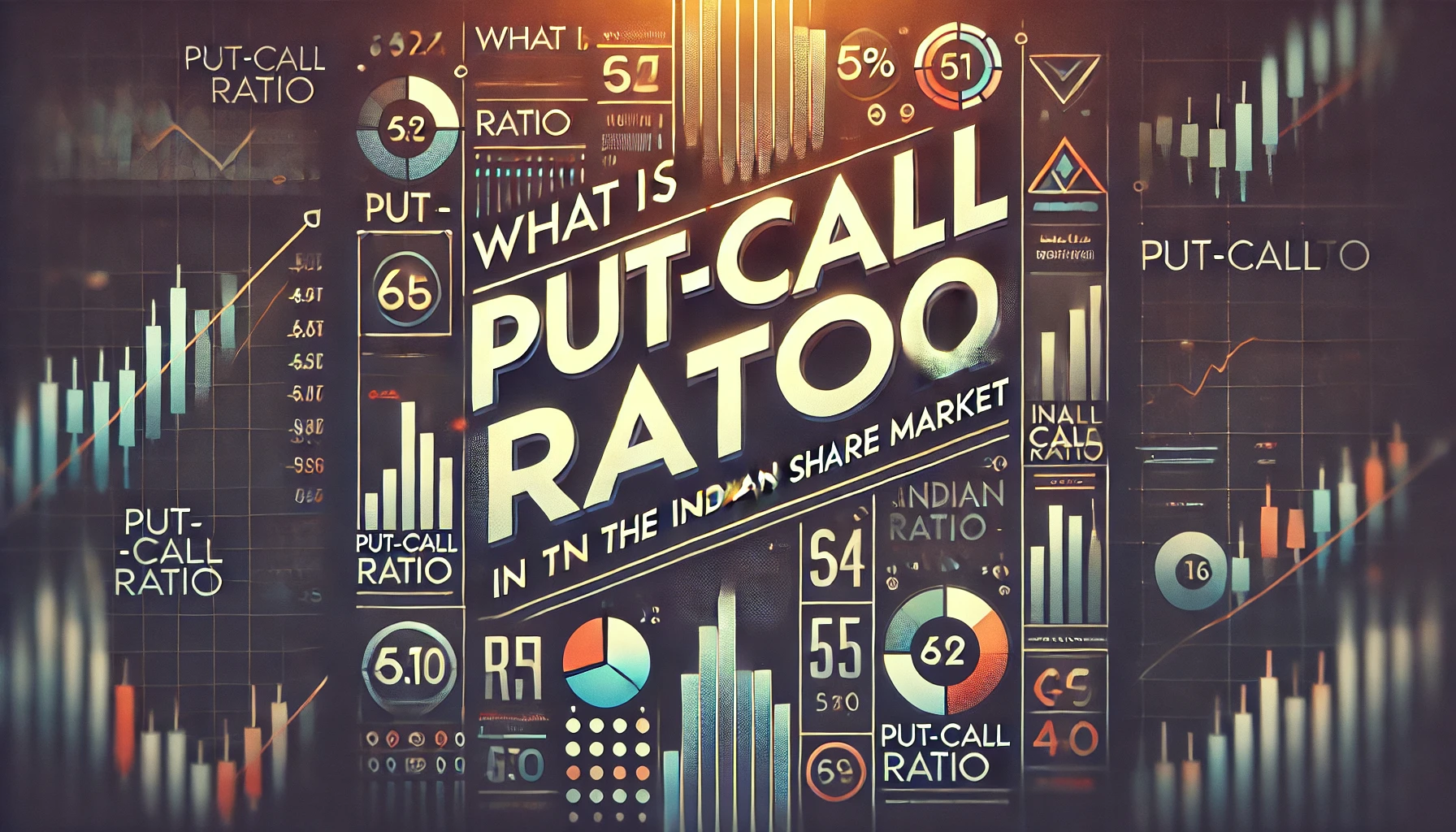
What is Put-Call Ratio?
The Put-Call Ratio (PCR) is one of the most widely used indicators in options trading …

What is Derivatives?
Derivatives are financial instruments whose value is derived from an underlying asset or benchmark. In …
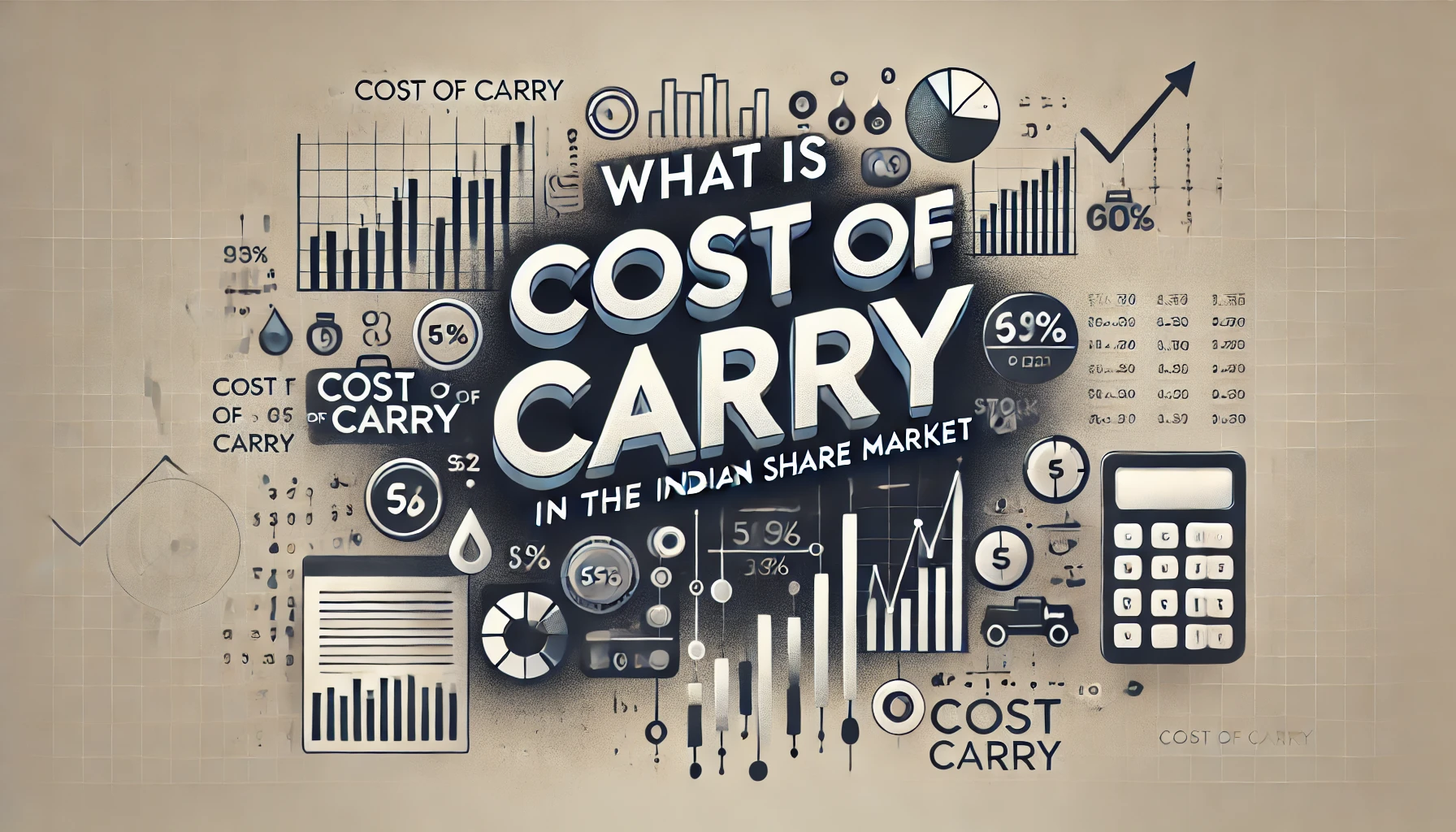
What is Cost of Carry?
The cost of carry is an essential concept in futures trading that reflects the cost …

What is futures
Futures are a fundamental part of derivatives trading in the Indian stock market. They allow …

Bullish Option Strategies
In the ever-evolving world of derivatives trading, options have become a powerful tool for investors …

Understanding Physical Settlement in Futures & Options Contracts: A Comprehensive Guide
In the world of derivatives trading, the concept of physical settlement has gained prominence, particularly …

what are call options
The Indian share market has expanded significantly over the years, attracting a growing number of …

What Is Credit Spread Strategy
In the world of options trading, the credit spread strategy is one of the most …

What Is a Forward Contract
A forward contract is a customized financial agreement between two parties to buy or sell …

Types of Derivatives in India
The Indian derivatives market has grown exponentially, becoming a vital tool for investors and traders …
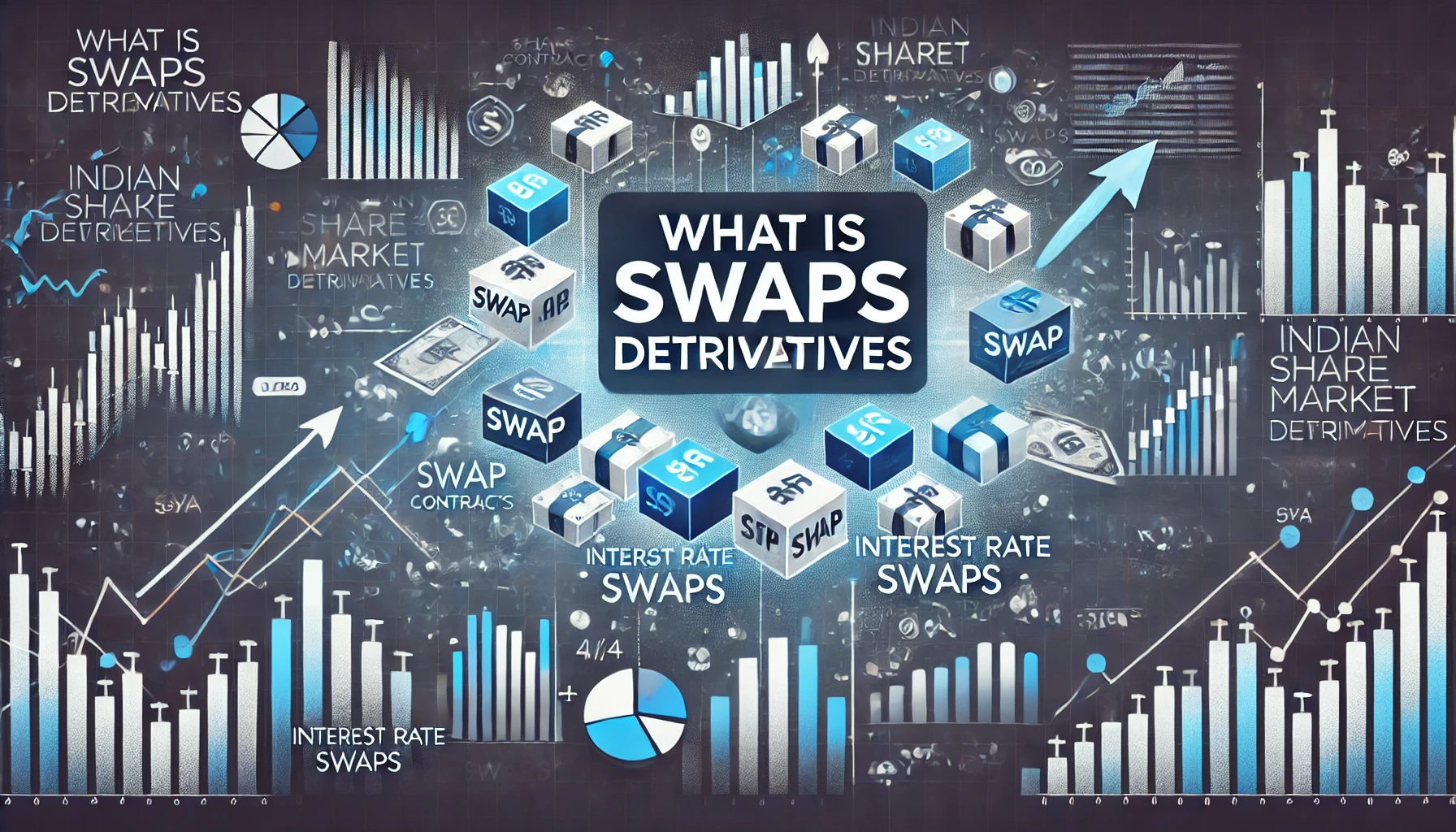
What is Swaps Derivatives
In the world of derivatives, swaps are a special class of contracts that allow two …

Intrinsic Value and Time Value of Options
Options trading is one of the most widely used financial instruments in the Indian share …

What is Open Interest?
In the world of derivatives, the concept of “Open Interest” plays a crucial role in …

Types of underlying assets in derivatives
The Indian derivatives market has grown exponentially over the last few decades, thanks to its …

derivatives on Option Volatility & Pricing Strategies
The Indian share market derivatives segment is a dynamic environment where advanced traders rely heavily …

What is Futures Contract
The Indian share market offers various financial instruments that provide opportunities for investors and traders. …
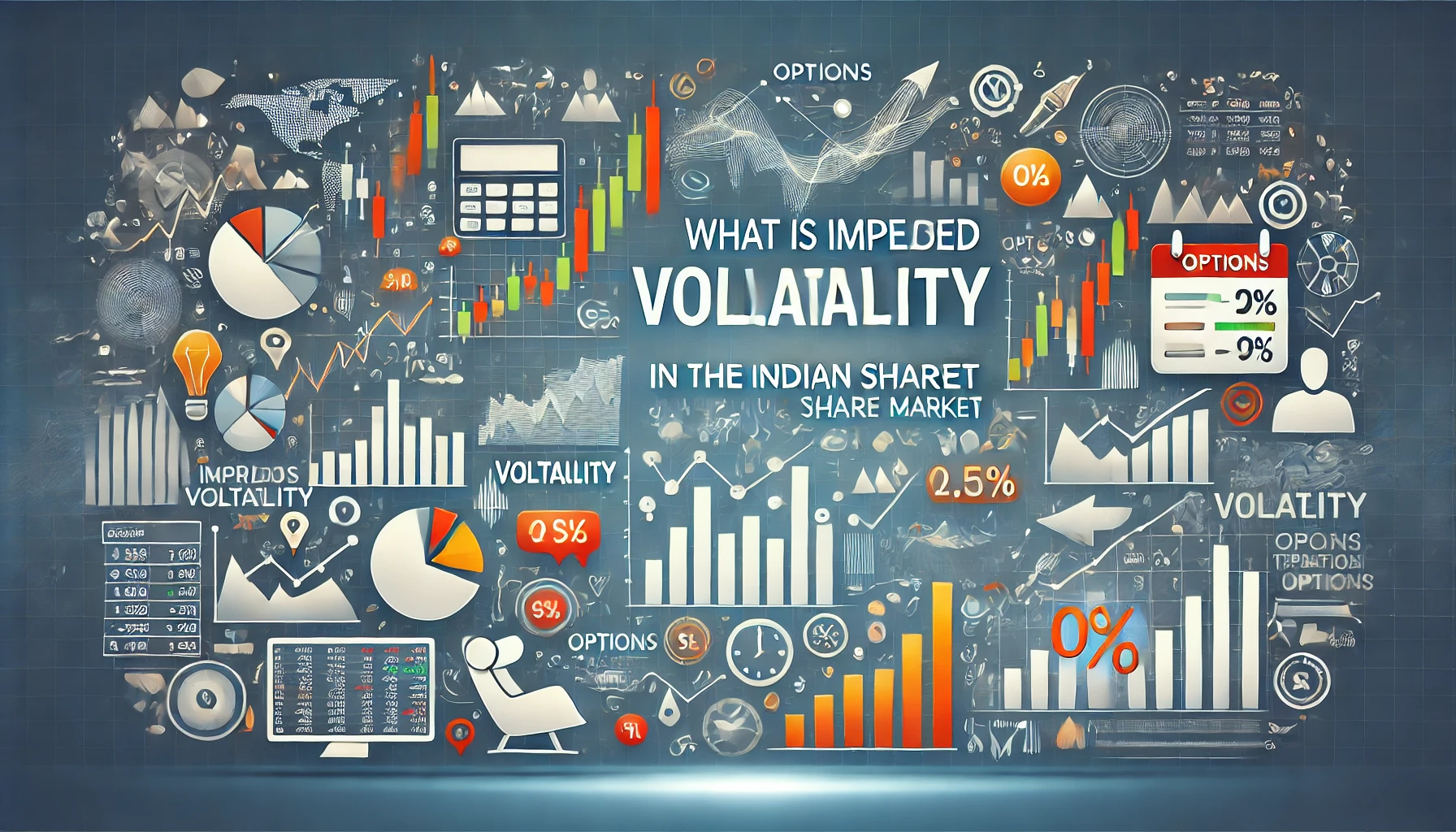
What is implied volatility in options?
In the world of options trading, one of the most crucial elements to understand is …

Futures Pricing Formula
The Indian share market is known for its dynamic nature and offers various opportunities for …

What is an ITM Call Option?
The world of options trading is filled with technical terms that are crucial for investors …

What is Max Pain Theory?
The Indian share market is full of strategies and theories that traders use to predict …

What is OTM Call Options
In options trading, terms like “in the money” (ITM), “at the money” (ATM), and “out …

What Is Rollover
Rollover is a common term in the world of futures and derivatives trading, especially in …

Futures Prices Converge Upon Spot Prices
In the world of financial markets, futures contracts play a significant role. One of the …
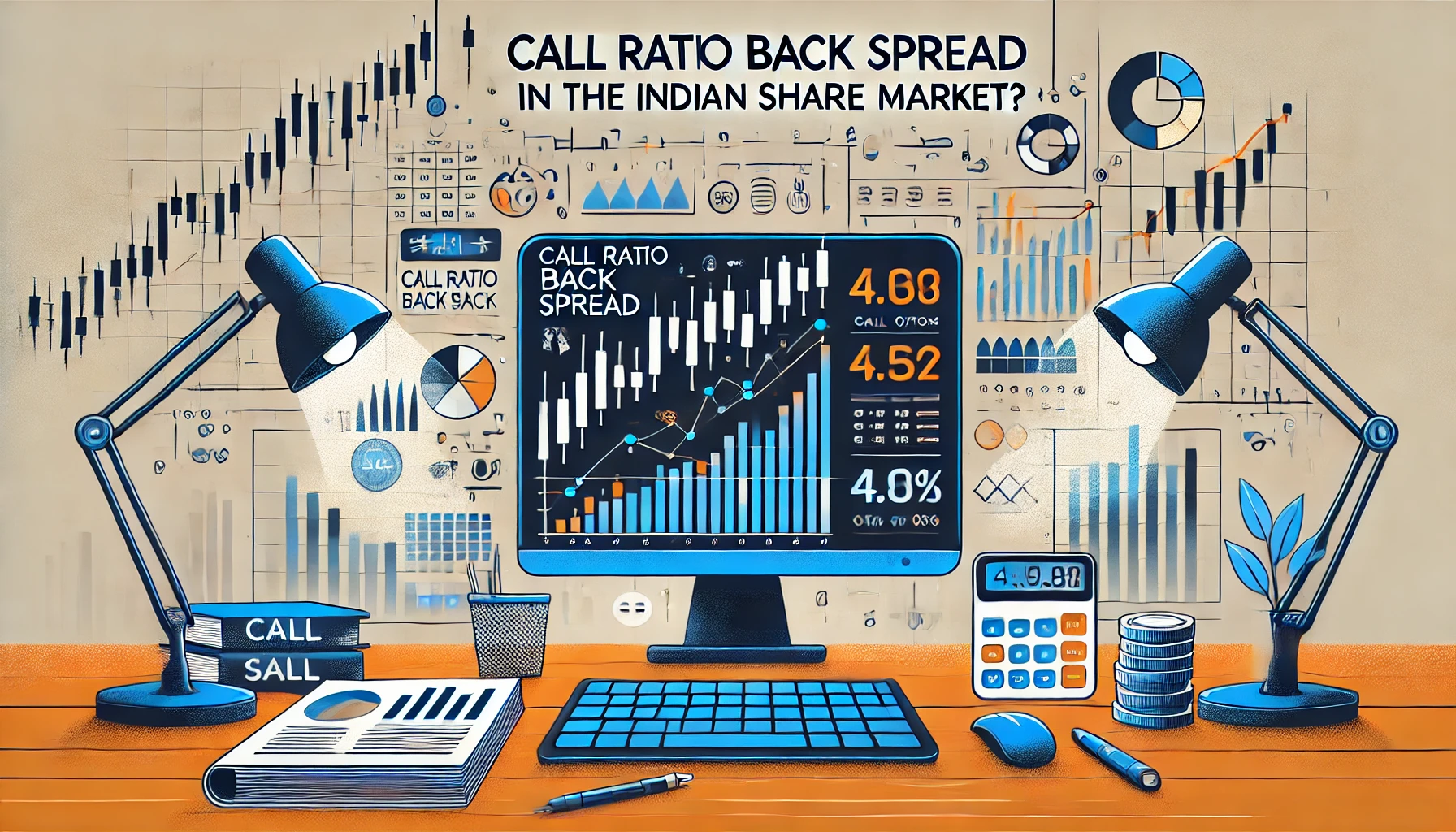
Call Ratio Back Spread
In the Indian share market, advanced trading strategies such as the Call Ratio Back Spread …

Margin Call Meaning
A margin call is one of the most critical warnings in trading, often marking a …

What is Bermuda Option?
The financial markets are full of complex instruments, and one such tool is the Bermuda …


















